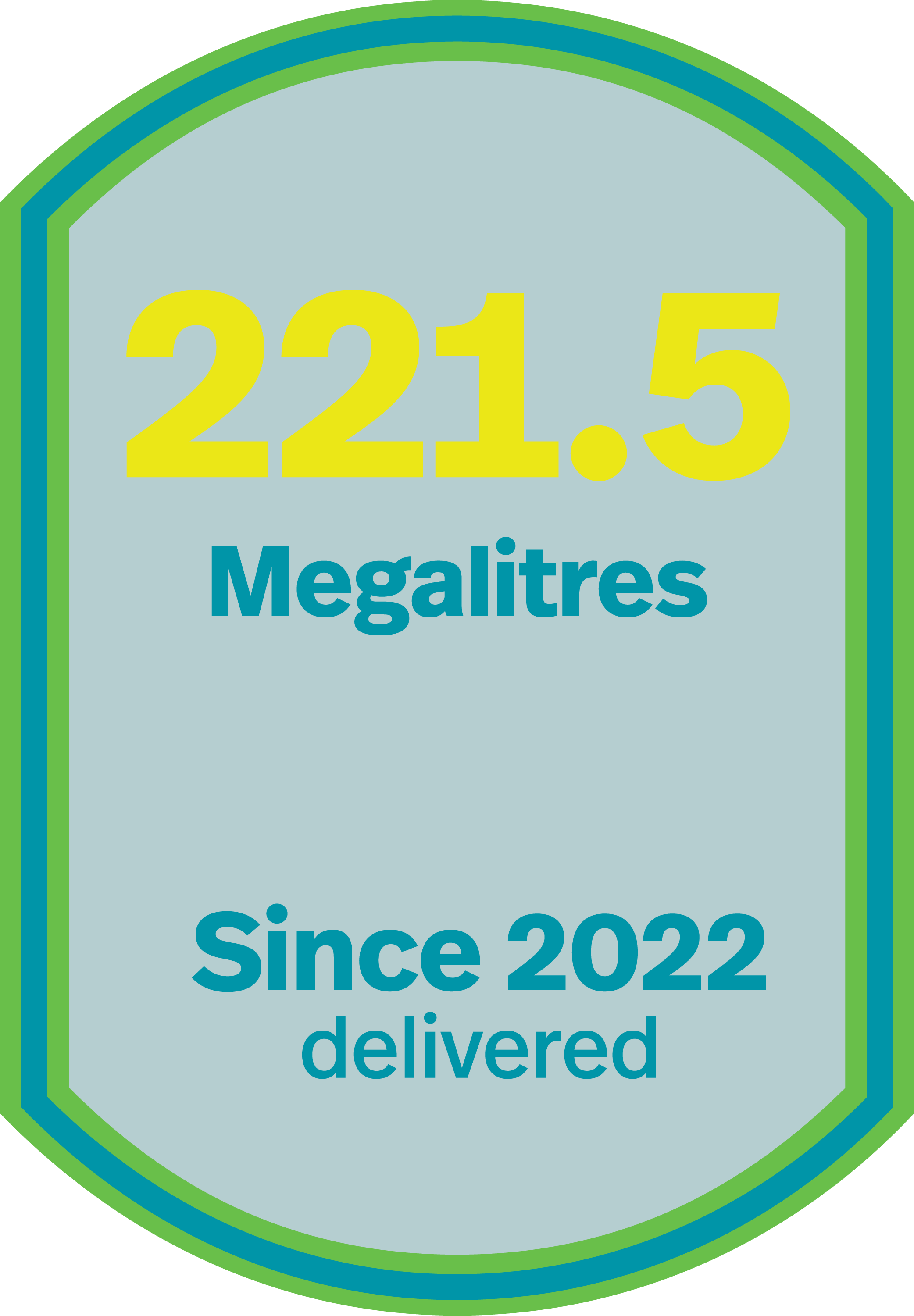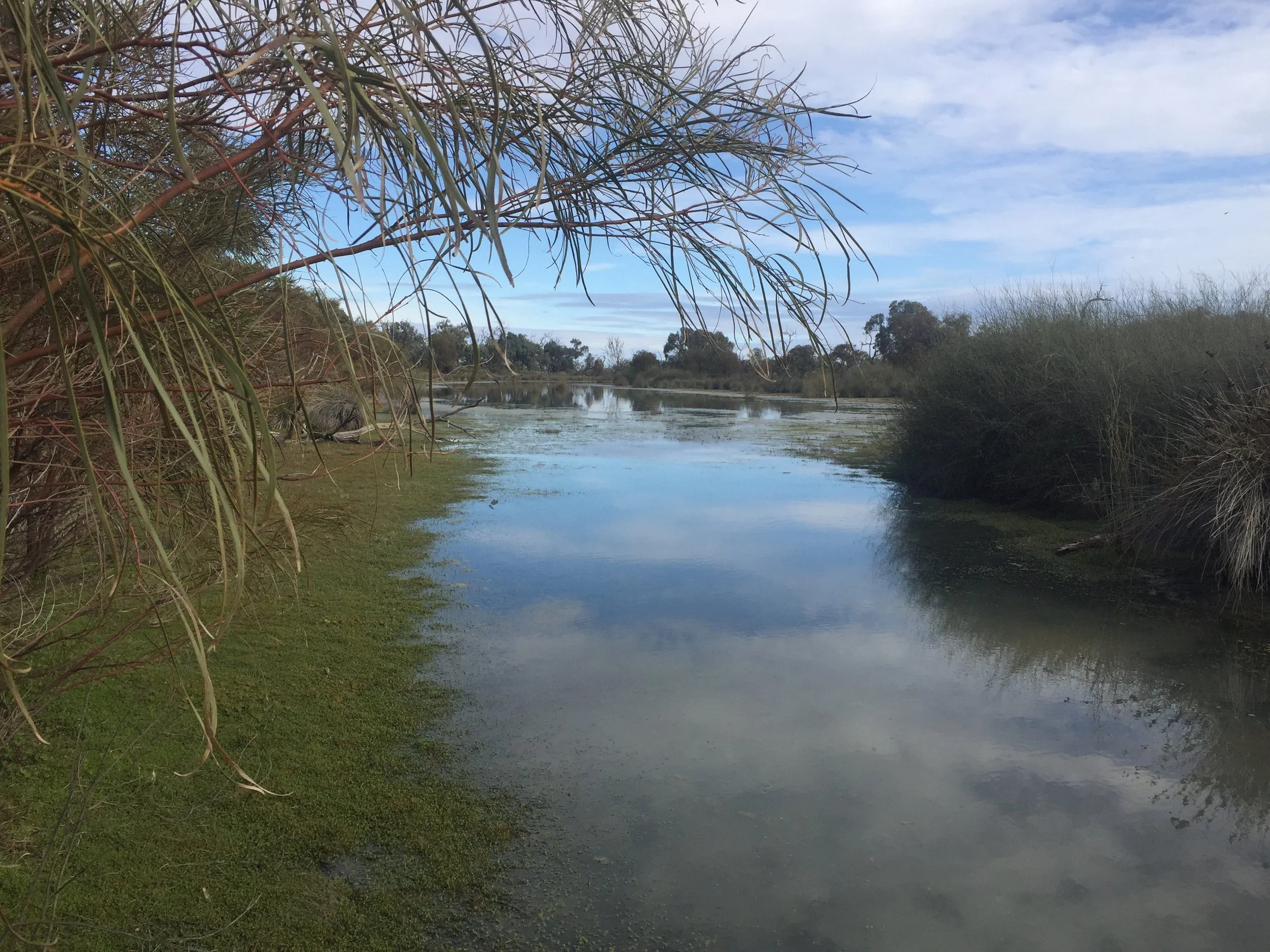
Fletchers Creek ©MDWWG
Fletchers Creek
-
PURPOSE
Since inception in 2013-14, this environmental watering project aimed to reconnect the Creek for cultural and ecological outcomes in partnership with the Barkindji Maraura Elders Environment Team (BMEET).
More recently, the MDWWG has supported the BMEET Indigenous Rangers, through targeted practicals in partnership with Riverina TAFE (NSW), to obtain Certificate Three in Land and Conservation Management.
-
APPROACH
The disconnection of Fletcher’s Creek from the Murray and Baaka has meant vegetation health and biodiversity has significantly declined. The lack of water in the creek and lake has also resulted in a disconnection between Aboriginal people and their culture and obligations to Care for Country.
The MDWWG, in close partnership with BMEET, deliver water annually to the creek. Water is usually delivered between September and late May. The watering forms part of a longer-term strategy to improve the health of lignum, black box, cooba and wetland vegetation as well as the fauna that call this creek home.
Monitoring of environmental water is undertaken by MDWWG and BMEET which typically includes photo points, tree health, lignum condition, vegetation response surveys, opportunistic frog surveys and waterbird surveys. We have also partnered with DPE and participate in annual waterbird surveys which contribute to Murray-Darling Basin annual reporting.
-
OUTCOMES
This project has improved tree health and lignum condition along the creek and has encouraged waterbirds and frogs to utilise the wetlands to feed and breed.
Dozens of native wetland plants, including several with cultural significance supplying food, fibre, or medicine have so far been observed and waterbird surveys have detected 25 different species so far, a significant increase from 2019 where 12 species were observed.
This ongoing project continuously engages with and supports BMEET in the management and monitoring of the creek. All BMEET Rangers gained their Certificate Three qualification in 2022, and future environmental watering will continue to provide opportunities for Indigenous rangers to gain Natural Resource Management experience and work on Country.
-


Fletchers Creek before watering ©MDWWG

Fletchers Creek after watering ©MDWWG

Fletchers Creek lagoon ©MDWWG

Fletchers Creek after watering ©MDWWG
In partnership with:




